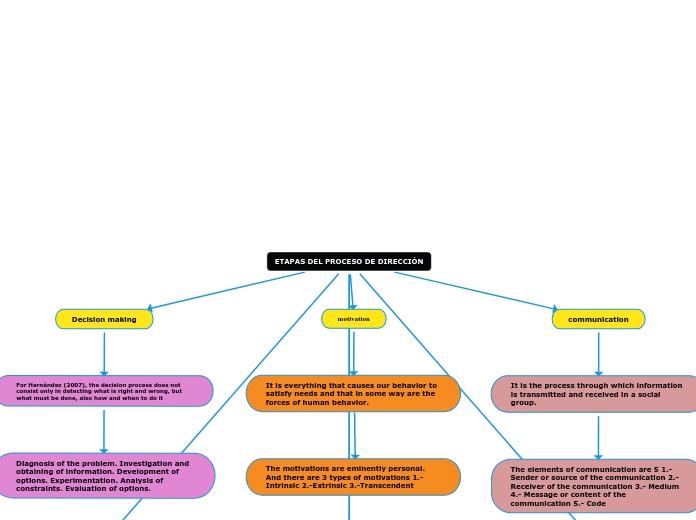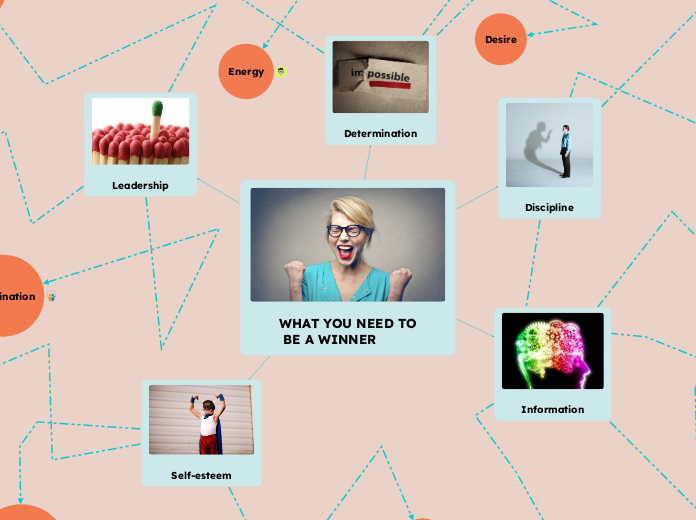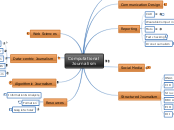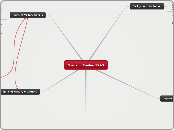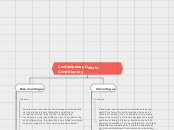ETAPAS DEL PROCESO DE DIRECCIÓN
Supervisión
In families, social groups, there has always been the need to monitor that the entrusted activities or established policies are fulfilled.
Characteristics of the supervisor Leadership, Motivating, Know how to delegate, Honest, Technical criteria, Orderly, Seriousness, Organizational capacity.
With the growth of companies, quality improvement, optimization of time and resources, supervision is more necessary every day.
Leadership
Guide, driver. He is the person who guides and teaches the way. Chief, general, captain, chief head of a faction. Element of a classification that tops and that stands out from all other elements.
Leadership is the ability to influence, inspire and guide people through communication, so that they voluntarily strive to achieve the expected objectives.
The basis of effective leadership is to carefully analyze the mission of the organization, and set it clearly and visibly
Delegation
Act of transferring formal authority and responsibility to a subordinate for the performance of specific activities.
A person who possesses leadership qualities delegates efficiently, with full confidence in his work team, in order to achieve objectives that would otherwise be impossible to achieve.
Types of delegation 1.- Total 2.- Specific
Authority
It is the formal power that is given to a person to be able to give orders and have them carried out by the personnel under their charge.
RAE: "Power that governs or exercises command, in fact or in law"
Types of authority 1.- Formal 2.- Technical or staff 3.- Personal
communication
It is the process through which information is transmitted and received in a social group.
The elements of communication are 5 1.- Sender or source of the communication 2.- Receiver of the communication 3.- Medium 4.- Message or content of the communication 5.- Code
motivation
It is everything that causes our behavior to satisfy needs and that in some way are the forces of human behavior.
The motivations are eminently personal. And there are 3 types of motivations 1.- Intrinsic 2.-Extrinsic 3.-Transcendent
Decision making
For Hernández (2007), the decision process does not consist only in detecting what is right and wrong, but what must be done, also how and when to do it
Diagnosis of the problem. Investigation and obtaining of information. Development of options. Experimentation. Analysis of constraints. Evaluation of options.
